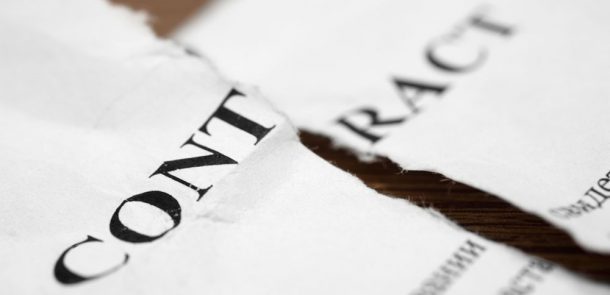There are a number of common myths about renting in BC. Do you know the rules about evictions, bed bugs, rent increases and security deposits? Because our province is in the midst of a rental housing crisis, it’s more important than ever to understand your rights and responsibilities under the Residential Tenancy Act.
Vancity’s recent renter survey highlighted a number of challenges facing renters, including frequent evictions, high rents, aging buildings and rental scams. The Tenant Resource & Advisory Centre (TRAC) is a non-profit organization that offers free legal information to help you navigate BC’s challenging rental market. Educating yourself on the basics of the law will help increase your chances of maintaining a safe and stable tenancy.
Here are TRAC’s top five myths about renting in B.C.
MYTH 1: Anyone who pays rent is covered by BC’s Residential Tenancy Act
While the Residential Tenancy Act (RTA) applies to most people who pay money to live somewhere on a permanent basis, there are some important exceptions. Here are a few examples of housing that is not covered by the RTA:
- housing provided to a student by their school
- vacation or travel accommodation
- co-op housing
- emergency shelters and transitional housing
- housing where the tenant shares bathroom or kitchen facilities with the owner
MYTH 2: It’s okay to be short on rent by a few dollars, or to pay late by a few days
If you do not pay your full rent on the day it is due, your landlord may issue you a 10 Day Eviction Notice for Non-Payment of Rent. If this happens, don’t panic! You still have five days to pay up in order to cancel the notice. That being said, your landlord may give you a One Month Eviction Notice for cause if you repeatedly pay your rent late.
MYTH 3: If I choose to move in to a place with maintenance issues, I have to learn to live with those issues
Your landlord must always ensure that your rental property meets health, safety and housing standards required by law (there are provincial guidelines, plus some cities have their own bylaws). If you move into a place that has maintenance or safety issues, your landlord is responsible for dealing with those issues, even if you knew about them when you entered into your tenancy.
MYTH 4: I need money and a lawyer to resolve legal disputes with my landlord
The Residential Tenancy Branch – the provincial government department in charge of residential tenancy law – offers a service called dispute resolution. This is essentially BC’s Tenant-Landlord Court and it receives upwards of 20,000 applications per year. Hearings are occasionally held in person or in writing, but they are most commonly conducted over the phone. The standard application fee is $100, although low-income tenants may not have to pay the fee at all. While dispute resolution is by no means easy, most tenants do not require the assistance of a lawyer in order to participate.
MYTH 5: It’s impossible to get my security deposit back!
Once you have provided your landlord with a forwarding address in writing and your tenancy has officially ended, your landlord has 15 days to do one of three things:
- return your deposit,
- get your written consent to keep some or all of your deposit, or
- apply for dispute resolution to ask for some or all of your deposit.
After 15 days, if your landlord hasn’t returned your deposit, obtained your written consent or applied for dispute resolution you can take them to dispute resolution for double the amount of the deposit.
For more information on tenants’ and landlords’ rights and responsibilities, visit the Tenant Resource & Advisory Centre.








